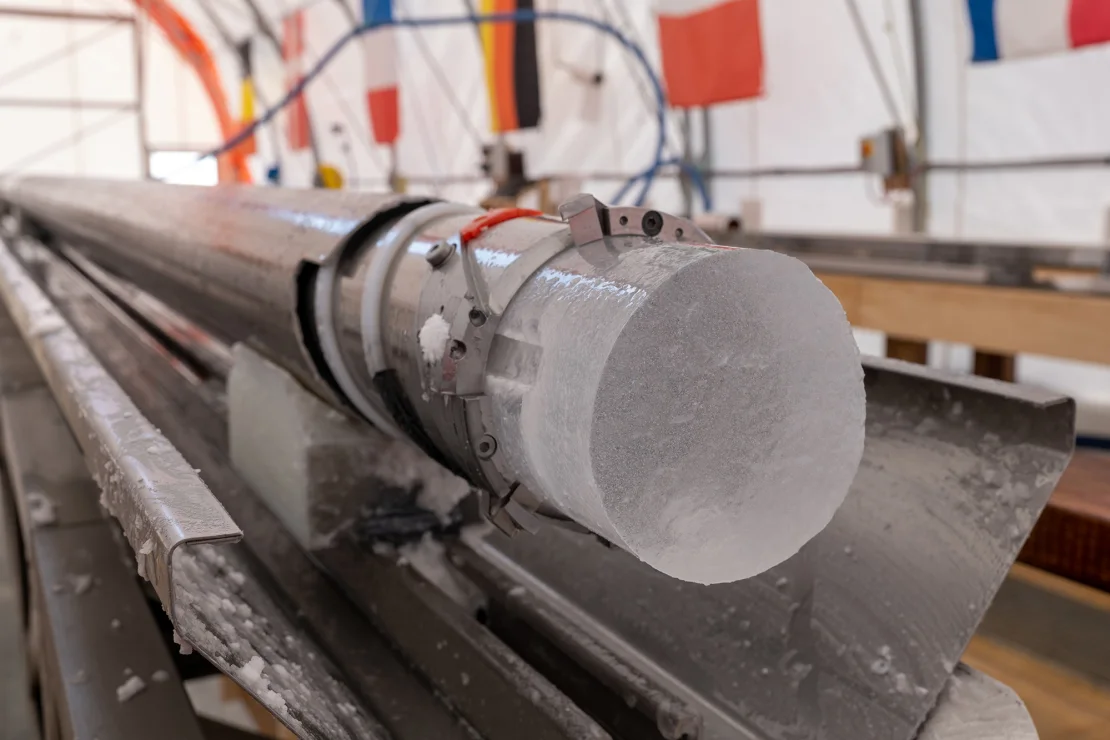Public trust in science in the United States has decreased. According to a Pew Research Center survey conducted in 2024, just 76% of Americans believe scientists act in the best interests of the public, up from 73% in 2023 but still lower than the 87% recorded during the early pandemic days of 2020.
How Did the COVID-19 Pandemic Shape Public Perceptions?
One of the major factors in the erosion of trust in science has been the COVID-19 pandemic. Conflicting guidelines, misinformation, and rapidly changing recommendations have widespread confusion and skepticism. These challenges leave a very long-lasting impact on public confidence in institutions based on science.
Does Polarization affect Democratic Procedure?
Political polarization has further fueled skepticism toward science. Leaders questioning the scientific consensus on issues like climate change have heightened divisions. It created a growing gap between the members of scientists and parts of the public, influenced by narratives politicized.
What can be done to Rebuild Public Trust?
Experts assert that issues of transparent communication and intellectual humility are essential. Openness to research uncertainties enables scientists to achieve more credibility and better understanding.
Efforts at collaboration among scientists, policymakers, and media organizations aim to combat misinformation and strengthen the public’s confidence in science. There is a real need to rebuild trust so that effective policymaking can occur amidst increasing divisions.




